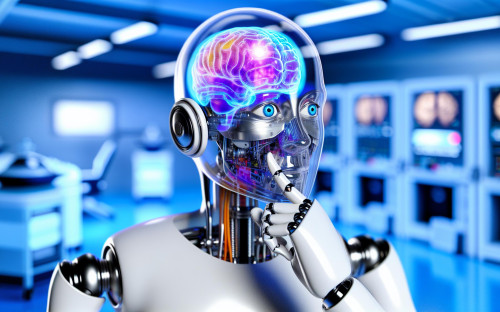OpenAI has officially launched o1, marking the debut of a new series of AI models. These models are crafted to spend extra time “thinking” before giving response when prompted. According to the company’s blog post, the goal of this groundbreaking enhancement is delivering more accurate and thoughtful responses.

“We are introducing OpenAI o1, a new large language model trained with reinforcement learning to perform complex reasoning. o1 thinks before it answers—it can produce a long internal chain of thought before responding to the user”
The new Model has advanced reinforcement learning algorithm that trains the model to think more productively. Consequently, it leverages the chain of thought through a highly data-efficient process. “We’ve observed that o1’s performance enhances with increased reinforcement learning during training and with additional thinking time during testing”.

Additionally, the new o1 model handles complex tasks. Moreover, The model greater proficiency and solves more challenging problems in science, coding, and math compared to its predecessors. This model effectively mimics human-like thinking more closely than existing AI chatbots. Previously, OpenAI’s models excelled on standardized tests such as the Scholastic Assessment Test (SAT) and the Uniform Bar Examination. However, o1 advances beyond this by performing at a level akin to PhD students on rigorous benchmark tasks in physics, chemistry, and biology.

The significant boost in o1’s reasoning abilities is partly attributed to a prompting technique known as “chain of thought.” Specifically, OpenAI explains that o1 “learns to recognize and correct its mistakes. Moreover, it learns to break down complex steps into simpler ones. Additionally, it learns to try different approaches when the current one isn’t working.”

With advancements in AI system like this, many have continued to Question the position of competence of humanity. Many claim that if Ai can be used to tackle difficult tasks across all the field, then it’s not only competence but also humanity is at the greatest risk. This is because should doctors use this system to go through exams while on training grounds, what happens after graduation and they are posted onto health facilities? Risky, or not ???

